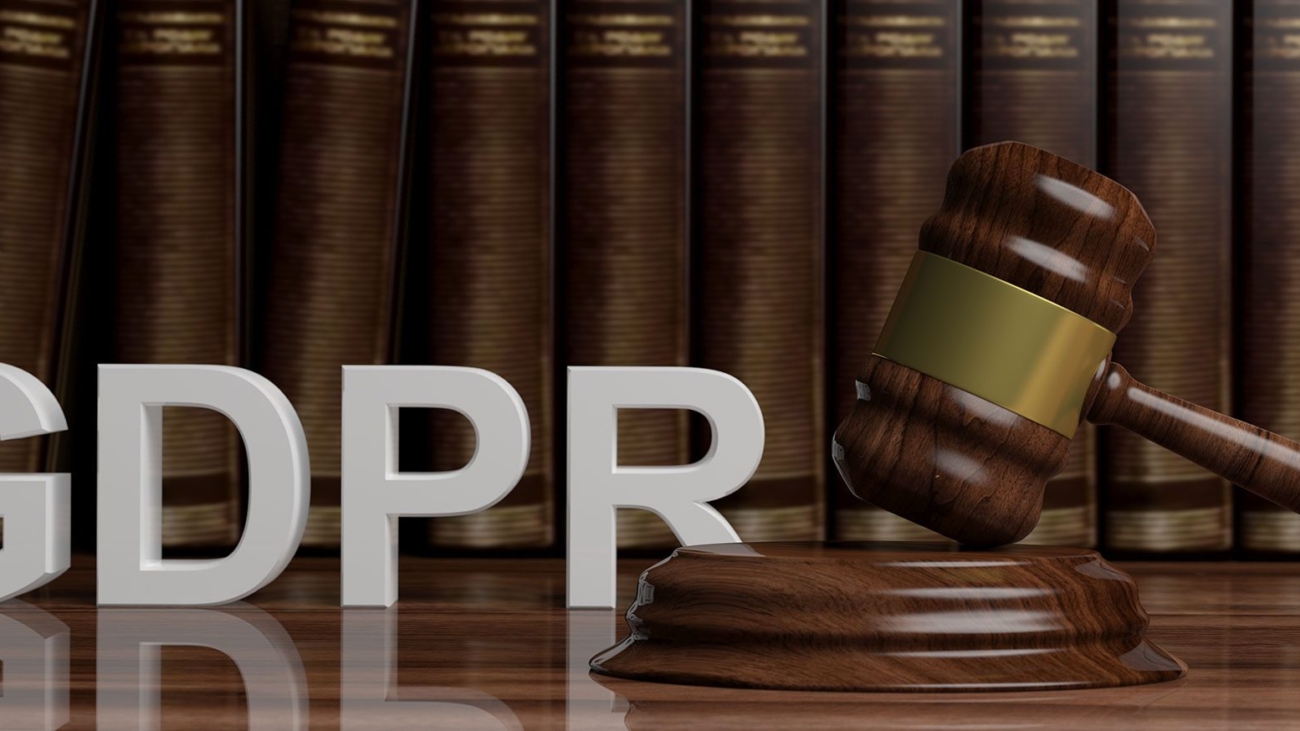11- GDPR Fines and Penalties
Businesses must adhere to stringent guidelines set forth by the General Data Protection Regulation (GDPR) when it comes to gathering, using, and storing personal data. Businesses that disregard these rules risk severe financial penalties as well as harm to their reputation. GDPR penalties are intended to make sure that companies put user privacy and data protection first, so compliance is essential to contemporary corporate operations.
Administrative fines
Businesses that violate the GDPR may be subject to hefty fines. Fines can amount to up to €20 million or 4% of a company’s yearly worldwide turnover, whichever is higher, depending on how serious the infraction was. Due to the potentially disastrous financial repercussions, this penalty structure makes sure that even big multinational corporations take compliance seriously.
A fine’s severity is determined by a number of factors, including:
- The Violation’s Nature and Seriousness: While major violations like unauthorized data transfers can result in the maximum penalty, minor breaches like failing to update privacy policies may result in lower fines.
- The Number of People Affected: Regulators may apply harsher sanctions if a breach exposes the personal information of millions of users.
- Preventive Actions Done by the Company: While businesses that exhibit negligence face harsher penalties, those that show they have put in place robust security measures and risk mitigation strategies may be eligible for a reduced fine.
- Collaboration with Regulatory Authorities: Companies that seek to conceal infractions may face harsher penalties than those that proactively disclose breaches and collaborate with data protection authorities to address problems.
Businesses must take GDPR compliance seriously and invest in strong security measures and open data policies to prevent infractions, as the size of possible fines serves as a clear reminder.
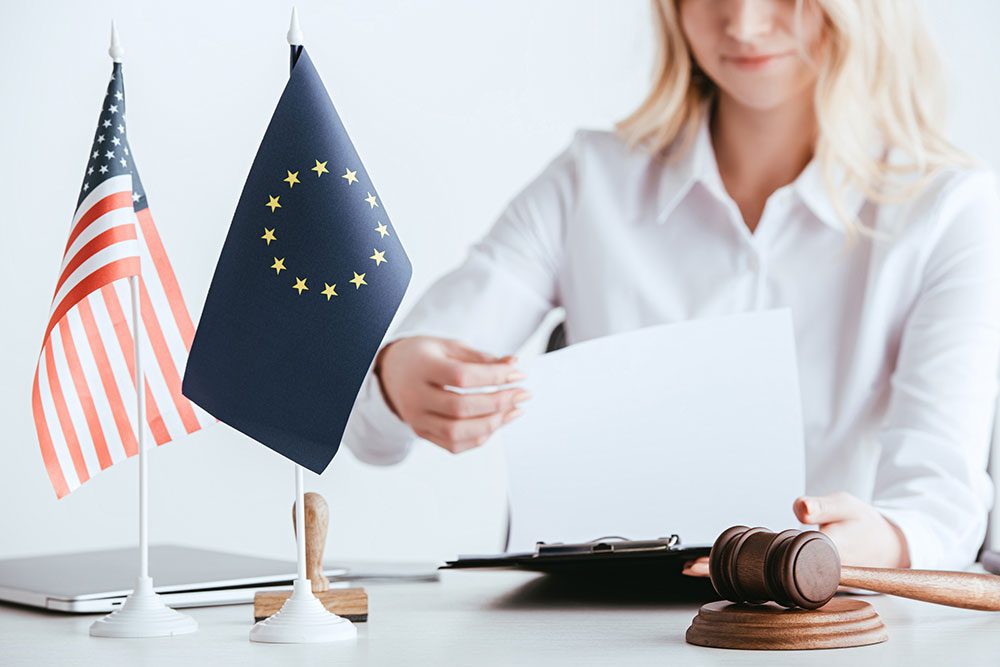
Case studies of companies fined under GDPR
Numerous large corporations have faced penalties for noncompliance with the GDPR’s data protection regulations since it went into effect in 2018. These cases demonstrate the strict enforcement of privacy laws by the European Union.
- Google (fined €50 million): Google received one of the first significant fines under the GDPR for not being sufficiently transparent about how it gathered and used user data for targeted advertising. The case made clear how important it is to have privacy policies that are easy to find and understand.
- Meta (Facebook) (€1 billion fine): Facebook’s Meta was fined an astounding €1 billion for illegally sending user data between the US and the EU. This case demonstrated the GDPR’s stringent regulations regarding cross-border data transfers and the significance of upholding EU data sovereignty.
- Amazon (€746 million fine): Amazon (€746 million fine): For breaking the GDPR’s regulations on user data collection and the use of cookies without authorization, Amazon was hit with the biggest fine to date. The case reaffirmed that companies must get users’ express consent before processing their personal data.
These well-known penalties show that no business, regardless of size or power, is immune from GDPR enforcement. Regulatory agencies keep a close eye on businesses to make sure they abide by the law and protect user privacy.
Lessons learned from GDPR enforcement actions
Businesses around the world can learn important lessons from the implementation of GDPR penalties. In order to prevent regulatory action, organizations need to be proactive in three areas:
- User Consent Is Non-Negotiable: Before collecting or processing personal data, businesses must get explicit, unambiguous, and informed consent from users. According to GDPR regulations, pre-checked checkboxes, ambiguous language, or automatic opt-ins are insufficient.
- Transparency is Crucial: Businesses must make sure that their data collection procedures and privacy policies are completely open and transparent. Users are entitled to know how their information is shared, stored, and used. Businesses can stay in compliance by offering clear, uncomplicated privacy statements.
- Strong Security Measures Are a Must: It is imperative to implement robust security measures. A key component of GDPR compliance is cybersecurity. To protect personal information, organizations should put encryption, frequent security audits, access controls, and breach notification procedures into place. Sensitive information breaches can result in steep fines and eroded consumer confidence.
In addition to monetary fines, GDPR infractions can seriously harm a business’s reputation. Consumers are likely to lose faith in companies that do not protect their data as they become more conscious of their rights regarding privacy. In addition to being required by law, maintaining GDPR compliance is essential for fostering client loyalty and guaranteeing sustained company success.
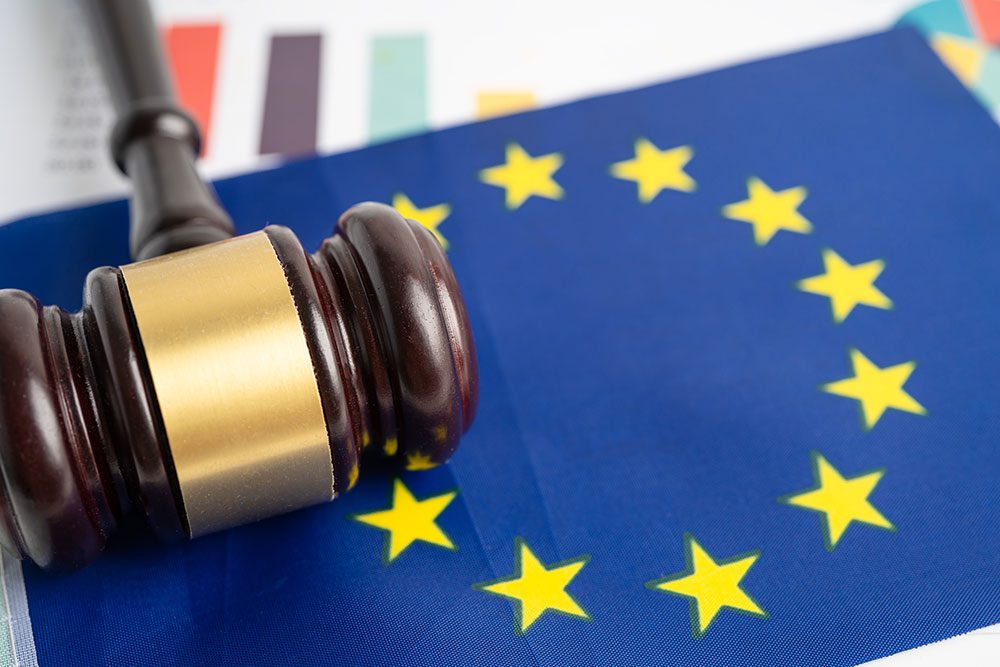
12- GDPR vs. Other Privacy Laws
Different regions have quite different privacy laws, each with its own set of regulations and methods of enforcement. Nonetheless, one of the most extensive and strict data protection regulations in the world is still the General Data Protection Regulation (GDPR). To maintain compliance across several jurisdictions, businesses that operate globally must negotiate a complicated web of privacy laws. Organizations can put into practice efficient data protection strategies by knowing how GDPR stacks up against other significant privacy laws.
GDPR vs. CCPA (California Consumer Privacy Act)
Two of the most well-known privacy laws are the CCPA and the GDPR, but their application, enforcement, and user rights are different.
- Applicability: Regardless of the company’s physical location, the GDPR is applicable worldwide to any entity that handles the personal data of EU citizens. The CCPA, on the other hand, only applies to companies that meet certain revenue or data processing thresholds and gather, use, or sell the personal information of Californians. This indicates that while CCPA is more regionally focused, GDPR has a wider impact on businesses globally.
- User Rights: User Rights: Under the GDPR, people have a number of rights, such as the ability to transfer their data, have it corrected, have it erased (also known as the “right to be forgotten”), and have processing restrictions. However, the CCPA does not specifically include rights like data rectification or processing restriction; instead, it concentrates more on consumer control over data sharing. Rather, it highlights the option to refuse data sales.
- Consent Mechanism: In accordance with GDPR, companies frequently need express opt-in consent before collecting and using personal data. The CCPA, on the other hand, uses an opt-out model, which permits businesses to gather and use customer data unless the person specifically requests that they cease. Because of this significant distinction, GDPR is more stringent when it comes to user consent.
- Penalties for Noncompliance: GDPR fines for noncompliance can amount to up to €20 million or 4% of a business’s yearly worldwide revenue, whichever is higher. On the other hand, the maximum penalty under the CCPA is $2,500 for inadvertent violations and $7,500 for intentional violations. CCPA violations can result in consumer lawsuits through private rights of action, which GDPR generally prohibits, even though the penalties under GDPR are much harsher.
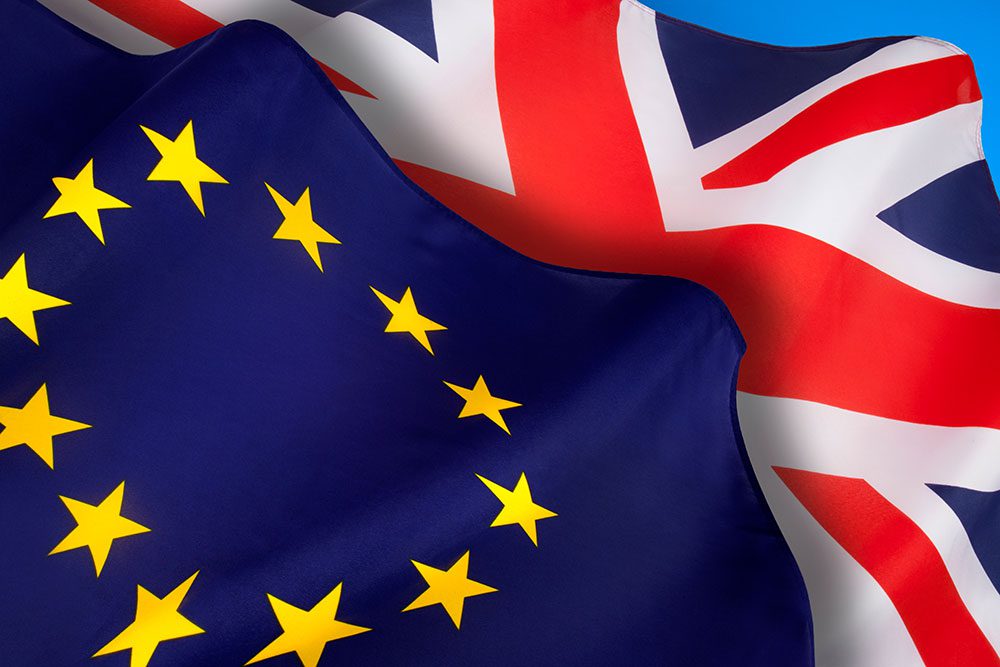
GDPR vs. UK GDPR (Post-Brexit Regulations)
The UK enacted its own version of GDPR, known as UK GDPR, after leaving the European Union. There are some significant differences, particularly with regard to data transfers and governance, even though it is still very similar to the original GDPR.
- Scope and Governance: While the EU GDPR is applicable in all EU member states, the UK GDPR is only applicable within the United Kingdom. To ensure they meet the requirements of each jurisdiction, businesses operating in both regions must adhere to both sets of regulations.
- Data Transfers: The way cross-border data transfers are handled has changed significantly since Brexit. The UK is now regarded as a “third country” under the EU GDPR, which means that specific legal procedures—like adequacy rulings or Standard Contractual Clauses (SCCs)—are necessary for transferring data between the UK and EU.
- Regulatory Authority: EU GDPR enforcement is the responsibility of EU-based Data Protection Authorities (DPAs), although the Information Commissioner’s Office (ICO) continues to be the main data protection regulator in the UK. This implies that companies doing business in the UK and the EU need to know which regulatory body they are answerable to.
Despite these variations, the fundamental GDPR principles—such as data minimization, accountability, user consent requirements, and sanctions for noncompliance—remain the same under the UK GDPR.
GDPR vs. China’s PIPL (Personal Information Protection Law)
Due to its stringent stance on data privacy, China’s Personal Information Protection Law (PIPL), which went into force in 2021, is frequently compared to GDPR. Nonetheless, the two frameworks differ significantly from one another.
- Data Processing Rules: Organizations must minimize data collection and make sure they have a legitimate reason for processing personal data in order to comply with both GDPR and PIPL. For processing and transferring substantial amounts of personal data, PIPL has more stringent security assessment requirements.
- Cross-Border Data Transfers: As long as Standard Contractual Clauses (SCCs) adhere to EU privacy standards, GDPR permits businesses to use them to facilitate cross-border data transfers. However, PIPL makes compliance more difficult by requiring security assessments for specific types of personal data before they can be sent outside of China.
- Penalties for Noncompliance: PIPL penalties are even more severe, reaching up to 5% of a company’s yearly revenue, whereas GDPR fines can amount to as much as 4% of a company’s worldwide turnover. As a result, PIPL is among the most costly privacy laws in the world.
- Government Involvement: China’s PIPL enforcement includes government agencies, including cybersecurity authorities, in contrast to GDPR, which is mainly enforced by independent regulatory bodies. For businesses doing business in China, this adds another level of regulatory oversight.
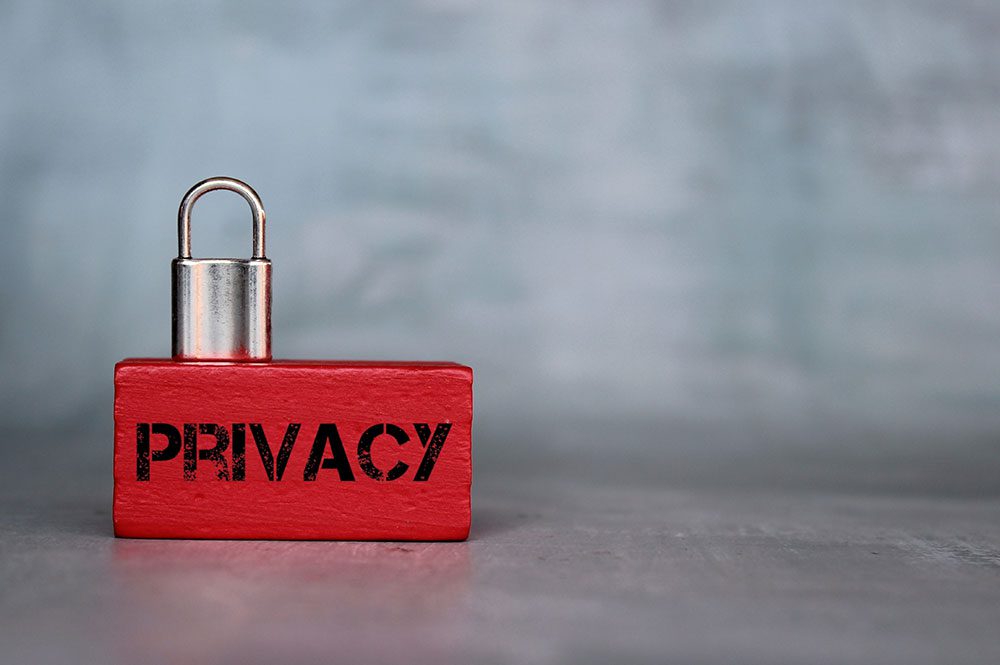
How Businesses Can Comply with Multiple Privacy Laws
Businesses need to take a unified and adaptable approach to compliance because there are so many distinct privacy laws in the world. To ensure compliance across all jurisdictions, businesses should aim to implement the strictest standards rather than attempting to meet the minimum requirements for each law separately.
The following are some best practices for companies handling privacy compliance around the world:
- Data Flows and Storage Locations: To guarantee adherence to various laws governing cross-border data transfers, organizations need to keep tabs on the locations of data collection, storage, and transfer.
- Adopt a Robust Consent Management System: Because the requirements for opt-in (GDPR) and opt-out (CCPA) are different, companies should put in place transparent and adaptable consent procedures that meet the most stringent guidelines.
- Keep abreast of changes to the law: Laws pertaining to privacy are always changing. Businesses should frequently assess modifications to international privacy laws, including new international frameworks, US state privacy laws, and updates to EU adequacy rulings.
- Employee Education on Data Privacy Requirements: To prevent unintentional infractions, staff members should be knowledgeable about privacy laws, security best practices, and how to respond to requests from data subjects.
- GET Legal and Compliance Support: To make sure they are meeting the strictest data protection regulations, companies should seek advice from legal and compliance experts due to the intricacy of global privacy regulations.
Businesses can lower regulatory risks, increase consumer trust, and streamline compliance across several jurisdictions by implementing a comprehensive privacy framework. Companies should concentrate on creating a privacy-first culture that complies with the most stringent international standards rather than adopting a disjointed strategy.

13- The Future of GDPR and Data Privacy
The General Data Protection Regulation (GDPR) is changing to address new issues as technology advances and worries about data privacy increase. Companies need to be on the lookout for changes in regulations and adjust to new compliance standards. Global legislative trends, the development of artificial intelligence (AI), the emergence of new technologies, and possible amendments aimed at bolstering user protections will all influence GDPR’s future.
Evolving Regulatory Landscape
Globally, the GDPR has had an impact, and numerous nations have adopted data privacy laws based on its tenets. Nations such as Brazil (LGPD), China (PIPL), and the United States (various state laws like CCPA/CPRA in California) have introduced laws that reflect GDPR’s focus on user rights, consent, and data security.
However, compliance is getting more complicated as more governments tighten their laws governing data collection, processing, and cross-border transfers. Businesses operating in multiple jurisdictions must now navigate overlapping and sometimes conflicting laws. For instance:
- In contrast to GDPR, China’s PIPL enforces more stringent cross-border data transfer regulations.
- As there isn’t a single federal privacy law in the United States, businesses must abide by a patchwork of state-level laws.
- India’s Digital Personal Data Protection Act (DPDPA) introduces new consent requirements that differ from GDPR’s approach.
Organizations must keep a close eye on legislative updates, employ flexible compliance tactics, and hire knowledgeable legal counsel to stay ahead of evolving privacy laws in order to stay out of legal hot water and preserve global compliance.
The Role of AI in GDPR Compliance
AThough it also raises new ethical and legal issues, artificial intelligence (AI) is revolutionizing how companies handle GDPR compliance. AI has two roles in protecting data privacy:
- Improving GDPR Compliance: AI-driven solutions can assist businesses in automating security procedures, identifying security breaches, keeping an eye on compliance, and enhancing risk assessments. Large volumes of data can be analyzed by machine learning algorithms to find anomalies, which guarantees that possible infractions are identified more quickly. Additionally, AI improves automated Data Subject Requests (DSRs), which helps businesses adhere to the “Right to Access” and “Right to Erasure” clauses of the GDPR.
- Creating Ethical and Legal Issues: AI-driven systems frequently use sizable datasets for training and decision-making, which raises questions about fairness, bias, and transparency. Businesses are required by GDPR to make sure that automated decisions do not unjustly discriminate against people. Future GDPR amendments may impose more stringent accountability requirements on AI-based data processing, and regulators are closely examining AI applications.
Businesses must make sure their AI models are impartial, explainable, and in line with GDPR’s transparency guidelines as AI is increasingly incorporated into automated decision-making, fraud detection, and customer profiling.

Impact of Emerging Technologies
Data privacy risks are changing as a result of technological advancements; big data, blockchain, and the Internet of Things (IoT) present new difficulties for GDPR compliance.
- Big Data Analytics: Companies gather and analyze vast volumes of user data to produce insights, frequently without the users’ knowledge. Given that people must be informed about how their data is used, this raises questions regarding the GDPR’s consent requirements. To safeguard user privacy when using big data, businesses must put in place explicit consent procedures and anonymization strategies.
- Blockchain Technology: The decentralized and unchangeable nature of blockchain technology runs counter to the GDPR’s “Right to Be Forgotten,” which gives users the ability to ask for the deletion of their data. Businesses that use blockchain must create workarounds, like off-chain storage solutions, to stay GDPR-compliant because blockchain transactions are meant to be permanent.
- Internet of Things (IoT): IoT devices, such as smart home gadgets and wearables, continuously collect vast amounts of personal data. The challenge lies in securing this data and ensuring users have control over what is collected. Companies must implement strong encryption, access controls, and real-time data monitoring to mitigate security risks.
To manage the risks associated with these technologies, businesses should adopt privacy-by-design principles, ensuring that data protection is embedded into every stage of technological development.
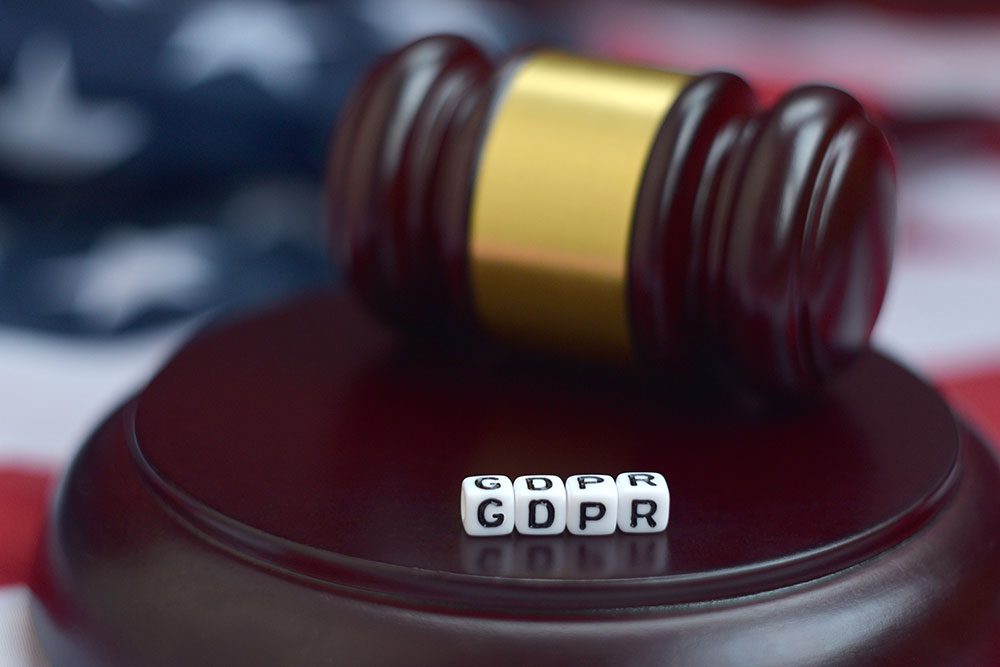
Potential GDPR Amendments and Updates
Lawmakers may propose changes to the GDPR that strengthen user rights and impose more stringent controls on data processing as digital threats change. Updates in the future might cover:
- Cross-Border Data Transfers: As worries about data sovereignty grow, authorities may impose more stringent guidelines on global data flows, which would make it more challenging for companies to move data outside of the EU. Standard Contractual Clauses (SCCs) and adequacy agreements are examples of current mechanisms that could be replaced or improved by new frameworks.
- Automated Decision-Making and AI Regulation: Future GDPR changes might mandate that businesses disclose more information about algorithmic decision-making, especially in light of the growth of AI-driven analytics. Tighter regulations might require human review, explainability, and fairness evaluations for AI-generated choices that impact users.
- Extension of Individual Rights: To improve user control over their data, lawmakers may propose more specific measures like enhanced deletion rights, more robust consent procedures, and easier methods for users to request access to their data.
- Stronger Enforcement Mechanisms: Regulators may impose harsher penalties, more frequent audits, and more stringent supervision of tech firms handling substantial amounts of personal data in order to guarantee tighter compliance.
Maintaining compliance and avoiding expensive fines for businesses depends on staying ahead of these possible GDPR updates. Companies should adopt flexible compliance measures that are easily adaptable to new regulations, update their privacy policies, and review their data protection strategies on a regular basis.
Businesses must take a proactive approach to data protection as GDPR develops further to make sure they stay in compliance with the ever-evolving rules. This calls for the adoption of privacy-first frameworks to protect user data, ongoing monitoring of privacy laws, and investments in AI-driven compliance tools.
Companies can meet regulatory requirements, gain consumer trust, and position themselves as leaders in data privacy by putting an emphasis on transparency, user rights, and ethical data handling. Businesses must stay ahead of legal developments and adopt a data protection culture because the GDPR is expected to bring stronger controls, AI-specific regulations, and more effective enforcement mechanisms in the future.
Continue Reading
- Everything About GDPR/ Part 1
- Everything About GDPR/ Part 2
- Everything About GDPR/ Part 3
- Everything About GDPR/ Part 4
Written By: Anshul Jharia


